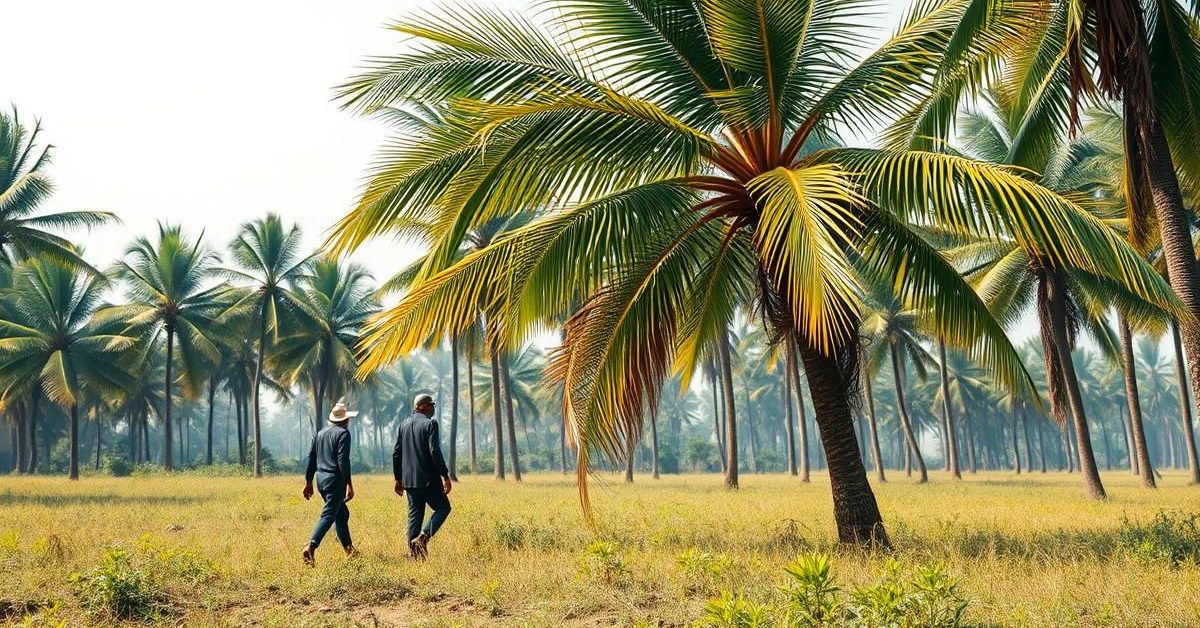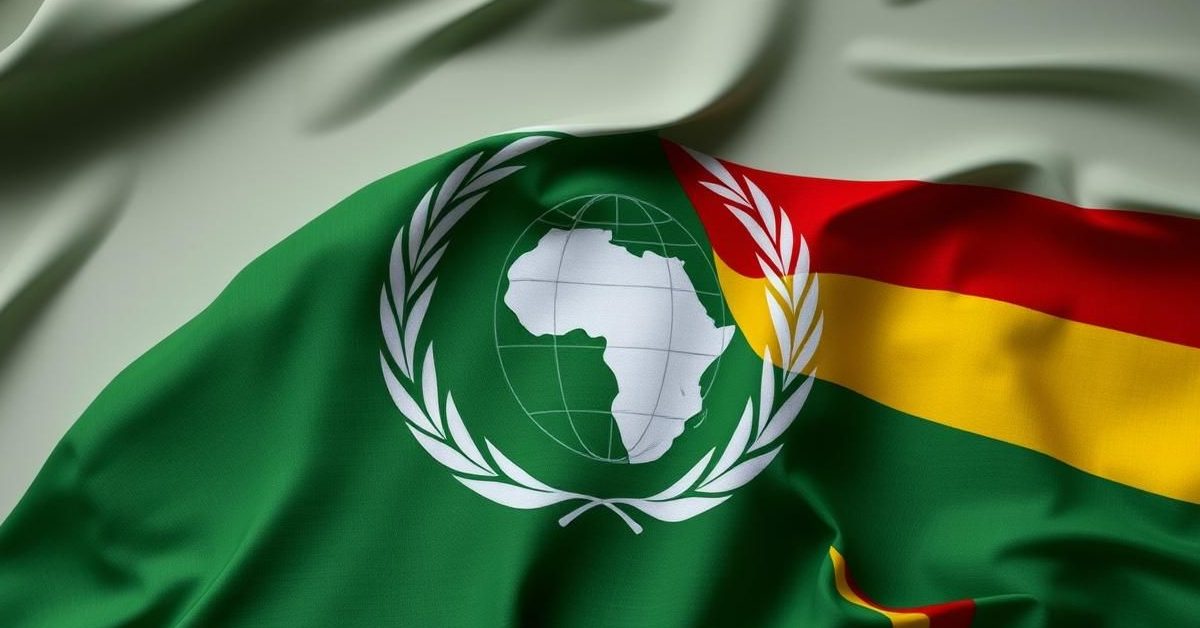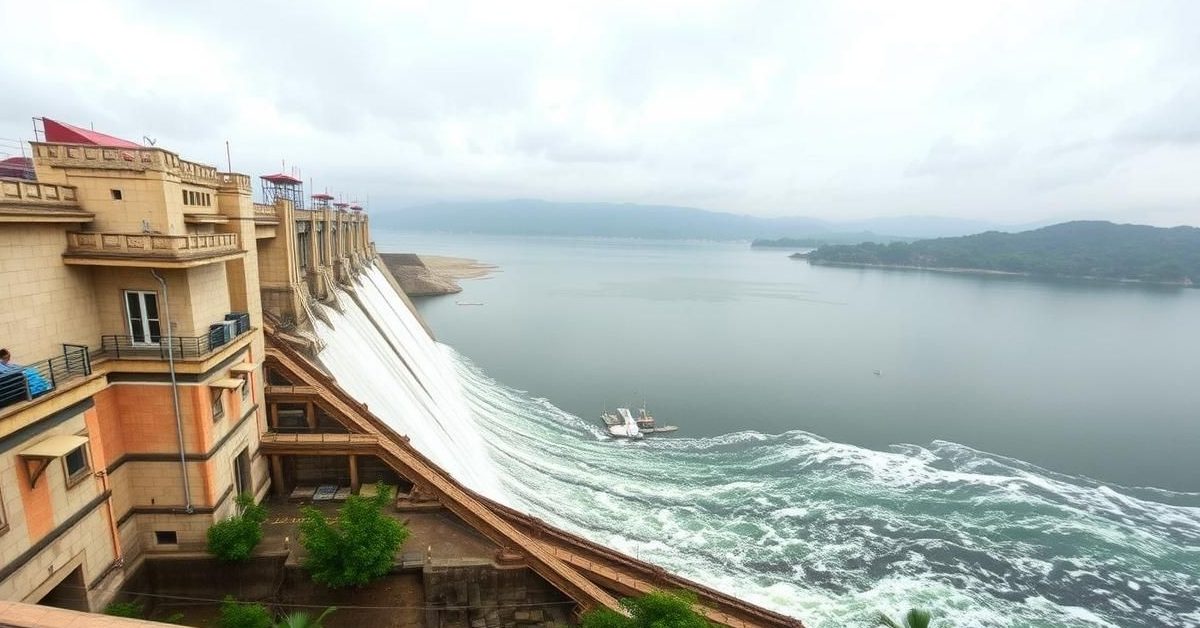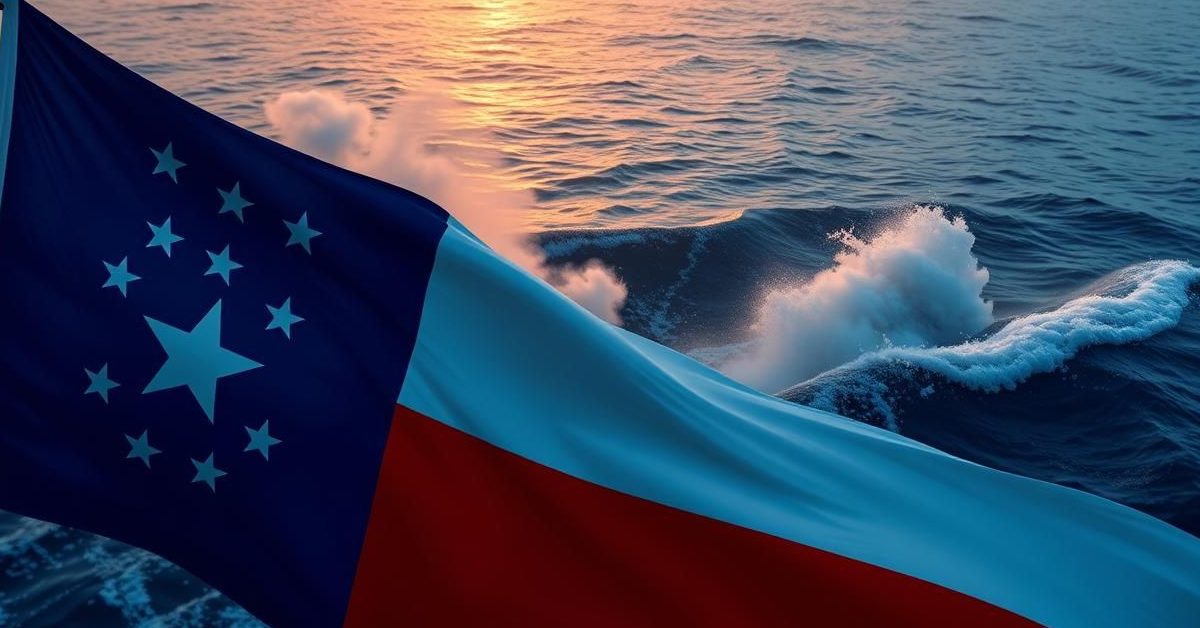From electoral roll controversies in Bihar to India’s deepening ties with Namibia and the critical minerals race, here’s a roundup of significant news impacting India and beyond.
Electoral Roll Revision in Bihar Sparks Controversy
Bihar’s ongoing Special Intensive Revision (SIR) of electoral rolls is facing scrutiny, departing significantly from past practices. For the first time, the Election Commission (EC) is reportedly placing the burden of proof on already-enrolled voters to establish their citizenship at the draft roll stage.
This move disregards the “sanctity” of existing electoral rolls, a principle the EC previously upheld. Earlier revisions never required existing electors to provide documentary proof to remain on the voter list. A High Court order, upheld by the Supreme Court, affirmed that citizenship questions shouldn’t arise during draft roll preparation.
The current process demands documents proving date and place of birth from those enrolled after 2003, raising concerns about voter exclusion, especially for marginalized and migrant populations.
India’s Global Engagement and Digital Diplomacy
India is expanding its global footprint, notably strengthening ties with Namibia. Following talks between Prime Minister Narendra Modi and Namibian President Netumbo Nandi-Ndaitwah, Namibia announced it would roll out India’s Unified Payments Interface (UPI) later this year.
The two nations also inked agreements to establish an Entrepreneurship Development Center and foster cooperation in health and medicine. Namibia has joined India-backed initiatives like the Coalition for Disaster Resilient Infrastructure (CDRI) and the Global Biofuels Alliance, signaling growing strategic alignment.
However, India’s recent foreign policy shifts, particularly its more pronounced pro-Israel stance since the Gaza conflict, have been noted by the Global South. This has sparked discussions, with some developing countries perceiving India as aligning more closely with major powers, leading to mixed reception in some international forums, though India has since joined BRICS in expressing “grave concern” over the Gaza situation.
Starlink Set to Launch Satellite Internet in India
Elon Musk’s Starlink has received the final regulatory clearance to launch its satellite communication (satcom) services in India. The Indian National Space Promotion and Authorisation Centre (IN-SPACe) granted authorization for Starlink’s Gen1 Low Earth Orbit (LEO) satellite constellation.
This constellation, comprising 4,408 satellites, is capable of providing approximately 600 Gbps throughput over India. The move marks a significant step towards bridging the digital divide, particularly in rural areas, by offering an alternative to traditional ground-based networks.
Starlink’s entry faced competition from domestic telecom giants over spectrum allocation, with the government ultimately opting for an administrative route. The authorization comes with conditions, including real-time monitoring to ensure user traffic is routed within India and no Indian telecom data is copied or decrypted outside the country.
The Critical Minerals Race and India’s Strategy
Critical minerals are vital for India’s green energy transition, powering technologies like electric vehicles, solar panels, and semiconductors. Recognizing its heavy dependence on China for these essential resources, India is actively seeking to diversify its supply chains.
The Quad countries (India, Japan, Australia, US) launched a Critical Minerals Initiative to collaboratively secure supplies. India is also forging bilateral partnerships with resource-rich nations like Argentina and Zambia to facilitate exploration and mining overseas.
These “minilateral clubs” allow India to pool technical, financial, and diplomatic resources, aiming for economic security and resilient supply chains. The strategy supports India’s “Make in India” and “Atmanirbhar Bharat” (self-reliant India) ambitions.
Debating Palm Oil: Health vs. Hype
A debate is unfolding around palm oil consumption in India, with an industry association labeling “palm oil free” claims as misleading. Palm oil has been a staple in India for centuries, valued for its affordability, versatility, and long shelf-life, and is widely used in packaged foods.
However, recent online discourse by influencers has raised health concerns. Scientifically, palm oil contains saturated fatty acids (SFAs), which in high amounts can increase “bad” cholesterol, inflammation, and the risk of heart disease and type-2 diabetes.
While palm oil (specifically palmolein) has about 40% SFA, common Indian fats like coconut oil and ghee have significantly higher SFA content (around 90% and 70% respectively). The Indian Council of Medical Research (ICMR) advises limiting total oil intake to 20-50 grams per day and suggests a mix of oils low in SFAs and high in poly-unsaturated fatty acids (PUFAs).
Measuring Inequality: India’s Gini Index
A recent government release claimed India is among the “most equal societies,” citing a Gini Index of 25.5 from the World Bank. The Gini Index measures income or consumption distribution, with lower values indicating greater equality.
However, critics point out that the government’s claim overlooks the World Bank’s own “data limitations” for India. Other sources, like the World Inequality Database, show a rise in India’s Gini Index between 2004 and 2023.
A key challenge in assessing inequality in India is that it primarily collects consumption data, not income data. Moreover, the Gini Index can be less sensitive to extreme wealth or poverty, potentially masking disparities at the top and bottom of the economic spectrum. Accurate measurement is crucial for effective policy-making to address inequality.
- The Bihar electoral roll revision places the burden of proof on existing voters for citizenship, deviating from past EC practice.
- Namibia will adopt India’s UPI system, deepening bilateral digital and strategic ties.
- Starlink has received final clearance to launch satellite internet services across India.
- India is actively engaging in “critical mineral clubs” to secure supply chains and reduce reliance on China.
- While palm oil is widely used and affordable, its SFA content warrants mindful consumption, aligning with ICMR guidelines.
- Claims of India’s high economic equality based on the Gini Index are debated, with data limitations and alternative analyses suggesting otherwise.
These developments highlight India’s complex internal challenges and its evolving role on the global stage, from electoral integrity to economic diplomacy and technological adoption.
From electoral roll controversies in Bihar to India’s deepening ties with Namibia and the critical minerals race, here’s a roundup of significant news impacting India and beyond.
Electoral Roll Revision in Bihar Sparks Controversy
Bihar’s ongoing Special Intensive Revision (SIR) of electoral rolls is facing scrutiny, departing significantly from past practices. For the first time, the Election Commission (EC) is reportedly placing the burden of proof on already-enrolled voters to establish their citizenship at the draft roll stage.
This move disregards the “sanctity” of existing electoral rolls, a principle the EC previously upheld. Earlier revisions never required existing electors to provide documentary proof to remain on the voter list. A High Court order, upheld by the Supreme Court, affirmed that citizenship questions shouldn’t arise during draft roll preparation.
The current process demands documents proving date and place of birth from those enrolled after 2003. This raises concerns about voter exclusion, especially for marginalized and migrant populations.
India’s Global Engagement and Digital Diplomacy
India is expanding its global footprint, notably strengthening ties with Namibia. Following talks between Prime Minister Narendra Modi and Namibian President Netumbo Nandi-Ndaitwah, Namibia announced it would roll out India’s Unified Payments Interface (UPI) later this year.
The two nations also inked agreements to establish an Entrepreneurship Development Center and foster cooperation in health and medicine. Namibia has joined India-backed initiatives like the Coalition for Disaster Resilient Infrastructure (CDRI) and the Global Biofuels Alliance, signaling growing strategic alignment.
However, India’s recent foreign policy shifts, particularly its more pronounced pro-Israel stance since the Gaza conflict, have been noted by the Global South. This has sparked discussions, with some developing countries perceiving India as aligning more closely with major powers. India has since joined BRICS in expressing “grave concern” over the Gaza situation, balancing its diplomatic position.
Starlink Set to Launch Satellite Internet in India
Elon Musk’s Starlink has received the final regulatory clearance to launch its satellite communication (satcom) services in India. The Indian National Space Promotion and Authorisation Centre (IN-SPACe) granted authorization for Starlink’s Gen1 Low Earth Orbit (LEO) satellite constellation.
This constellation, comprising 4,408 satellites, is capable of providing approximately 600 Gbps throughput over India. The move marks a significant step towards bridging the digital divide, particularly in rural areas, by offering an alternative to traditional ground-based networks.
Starlink’s entry faced competition from domestic telecom giants over spectrum allocation, with the government ultimately opting for an administrative route. The authorization comes with conditions, including real-time monitoring to ensure user traffic is routed within India and no Indian telecom data is copied or decrypted outside the country.
The Critical Minerals Race and India’s Strategy
Critical minerals are vital for India’s green energy transition, powering technologies like electric vehicles, solar panels, and semiconductors. Recognizing its heavy dependence on China for these essential resources, India is actively seeking to diversify its supply chains.
The Quad countries (India, Japan, Australia, US) launched a Critical Minerals Initiative to collaboratively secure supplies. India is also forging bilateral partnerships with resource-rich nations like Argentina and Zambia to facilitate exploration and mining overseas.
These “minilateral clubs” allow India to pool technical, financial, and diplomatic resources, aiming for economic security and resilient supply chains. The strategy supports India’s “Make in India” and “Atmanirbhar Bharat” (self-reliant India) ambitions.
Debating Palm Oil: Health vs. Hype
A debate is unfolding around palm oil consumption in India, with an industry association labeling “palm oil free” claims as misleading. Palm oil has been a staple in India for centuries, valued for its affordability, versatility, and long shelf-life, and is widely used in packaged foods.
However, recent online discourse by influencers has raised health concerns. Scientifically, palm oil contains saturated fatty acids (SFAs), which in high amounts can increase “bad” cholesterol, inflammation, and the risk of heart disease and type-2 diabetes.
While palm oil (specifically palmolein) has about 40% SFA, common Indian fats like coconut oil and ghee have significantly higher SFA content (around 90% and 70% respectively). The Indian Council of Medical Research (ICMR) advises limiting total oil intake to 20-50 grams per day and suggests a mix of oils low in SFAs and high in poly-unsaturated fatty acids (PUFAs).
Measuring Inequality: India’s Gini Index
A recent government release claimed India is among the “most equal societies,” citing a Gini Index of 25.5 from the World Bank. The Gini Index measures income or consumption distribution, with lower values indicating greater equality.
However, critics point out that the government’s claim overlooks the World Bank’s own “data limitations” for India. Other sources, like the World Inequality Database, show a rise in India’s Gini Index between 2004 and 2023.
A key challenge in assessing inequality in India is that it primarily collects consumption data, not income data. Moreover, the Gini Index can be less sensitive to extreme wealth or poverty, potentially masking disparities at the top and bottom of the economic spectrum. Accurate measurement is crucial for effective policy-making to address inequality.
- The Bihar electoral roll revision places the burden of proof on existing voters for citizenship, deviating from past EC practice.
- Namibia will adopt India’s UPI system, deepening bilateral digital and strategic ties.
- Starlink has received final clearance to launch satellite internet services across India.
- India is actively engaging in “critical mineral clubs” to secure supply chains and reduce reliance on China.
- While palm oil is widely used and affordable, its SFA content warrants mindful consumption, aligning with ICMR guidelines.
- Claims of India’s high economic equality based on the Gini Index are debated, with data limitations and alternative analyses suggesting otherwise.
These developments highlight India’s complex internal challenges and its evolving role on the global stage, from electoral integrity to economic diplomacy and technological adoption.















